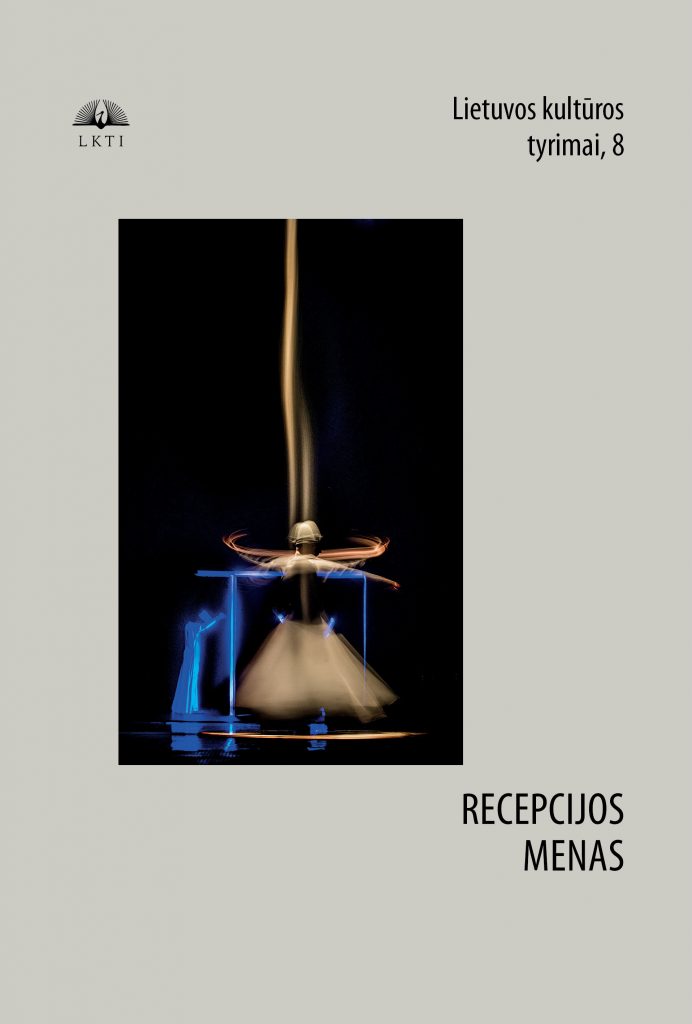
The Art of Reception
Attributed to the cognitive theories the reception of art has overcome the dangers of a virtual world. Although it seems that the present times of levelling, loss, distortion and misunderstanding, when communication takes place in a flat-plane surface, and we can only dream about feedback, will never end. The longing for such simple and timeless things as understanding, evaluation, appreciation, sensitive knowledge, meaningful adoration, discovering and preservation becomes equal to the feeling of infinity.
Predestined salvation does not come to us. Modern “networked” communities create the plans of supposed freedom of expression, losing personal priorities in publicity. “Imagined communities” have become some sort of tool to produce Other as “enemy” – a parody of the deus ex machina device. The “interpretive communities” as defined by Stanley Fishers, the American literary theorist of the twentieth century, used to promote a reader-response criticism, argumentation and debate, while in today’s era users are leaving anonymous and emotional comments; similarly, the most characteristic feature of critical reading was the chosen strategy of interpretation and perspective, rather than ontological, cognitive or valuable subjects. Interpretation theories, “rigorous” methodological assumptions and poststructuralist critique, affirming the dimension of unconsciousness, we might say, determine the imperfection of articulation and reception. Can we prove the legitimacy of interpretations, penetrating into our experience, knowledge and language? Or we are just waiting for “the death of the author”? Roland Barthes argues that once the author is removed, the reader enters the scene, opening up the texts to multiple interpretations and restoring the relevance of reception. Can it be seen as “the effect of reality” or the power of plausibility?
Authors: Rita Repšienė, Odeta Žukauskienė, Kęstutis Šapoka, Skaidra Trilupaitytė, Giedrė Beinoriūtė, Rasa Vasinauskaitė, Patrice Pavis, Juozas Girnius, Laima Kanopkienė, Aurelija Mykolaitytė, Aistė Kučinskienė
Year: 2016